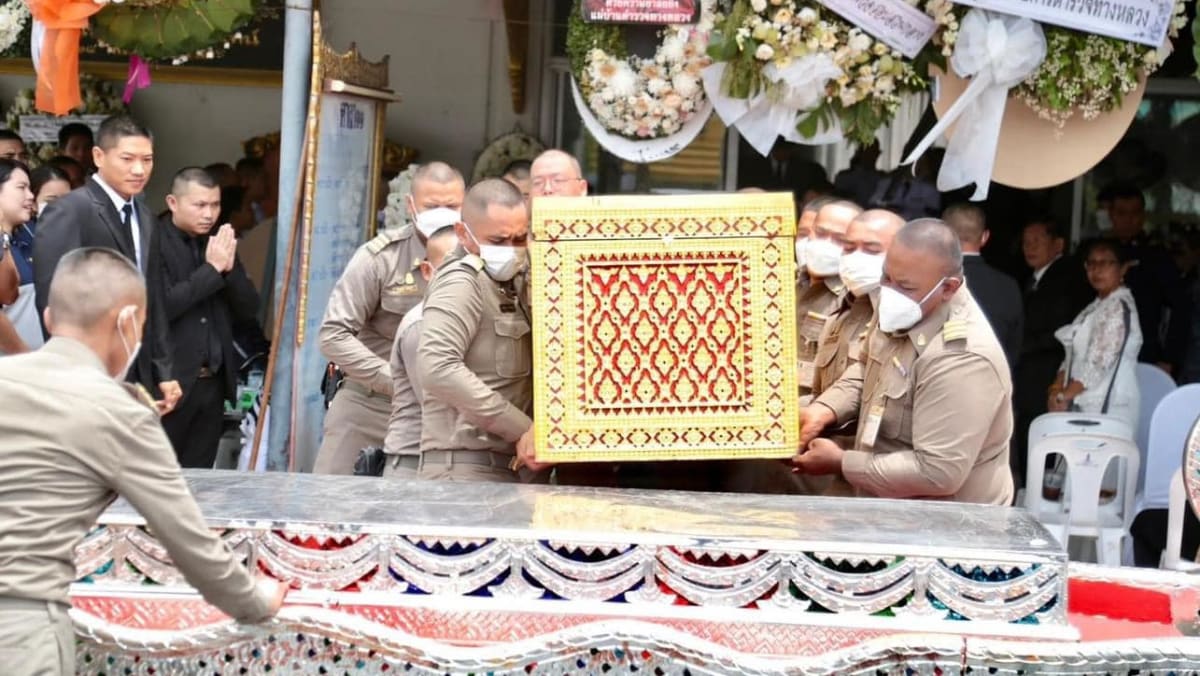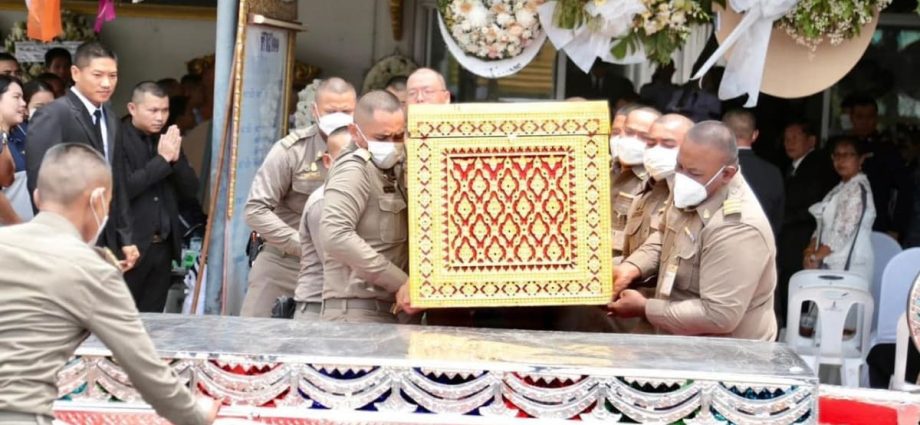
POLICE REFORM A PIPE DREAM
Little has changed since Thai economist Pasuk Phongpaichit’s iconic book Guns, Girls, Gambling, Ganja on police graft 25 years ago. The book examined how gambling, prostitution, drugs, arms trading, oil smuggling and human trafficking funded Thailand’s corrosive “money politics” and sustained corruption in the police.
In 2018, the police topped the list of defendants in corruption and malfeasance cases heard in graft court.
Last month, a National Anti-Corruption Commission report revealed that 86 per cent of police stations nationwide failed integrity and transparency tests – four times higher than the average across all state agencies.
And in a nationwide survey earlier this month, 86 per cent of respondents said they believe some police and state officials serve and protect mafia-style influential figures in Thailand.
In response to the killing of the inspector, Thailand’s new Prime Minister Srettha Thavisin promised that he would purge the force of “mafia-type infiltration”.
But the government’s response so far suggests it is not serious about eliminating police criminality, focusing instead on compiling a list of “mafia-like gangs and politicians”.
Pheu Thai and its precursor parties have, collectively, been in power for more than nine years – ample time to have acted on corruption in the police, if they had wished.
Ex-premier (and former police lieutenant colonel) Thaksin Shinawatra – widely held to be Pheu Thai’s real leader – is unlikely to help. During his three-month “war on drugs” in 2003, 2,873 Thais were killed, including whole families, women, children and old people. According to the US State Department, Thaksin “told the governors and provincial police that those who failed to eliminate a prescribed percentage of the names from their “blacklists”, would be fired.
Nor will Thaksin’s erstwhile political opponents – now key coalition allies. When in power, they dallied in enacting laws on police administration. It was only after the 2021 murder of a suspect at police hands that they rushed through a police ethics code requiring officers not to associate with, or support, wrongdoers – which has only too obviously proved ineffective.
It’s hard to see how Thailand’s new administration will clean up the police. It is not a priority for Srettha’s Pheu Thai Party.
Instead, Pheu Thai is prioritising policies to regain some of the support it lost by breaking a pre-election promise not to coalesce with parties backed by the 2014 junta leaders. Its stimulus policies, such as debt moratoriums and a 10,000 baht cash handout to those aged 16 and over will likely resonate with many of the party’s poorer rural backers.

